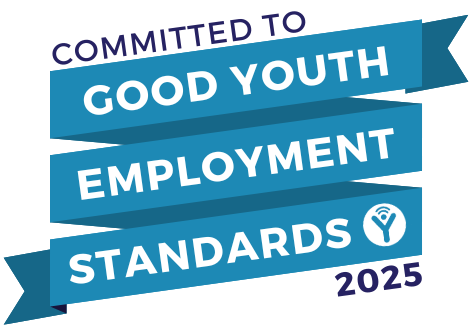Firstly, seven-time Formula One world champion Lewis Hamilton would use his platform to encourage more young people from diverse backgrounds into science, technology, engineering and mathematics (STEM) careers.
Through his Missions 44 charity, the British driver will support a programme in his hometown of Stevenage and will work with the local council and colleges to mentor 50 year nine students and help improve science lessons in primary schools.
Secondly, the UK government announced it would rejoin the £85 billion Horizon Europe research collaboration scheme and Copernicus, the European Earth Observation programme, which has been welcomed by academics and researchers across the industry.
The UK was part of both schemes while in the European Union and is now an associate member, following an absence of more than three years.
What’s more, just last month a new £900 million life sciences campus next to GSK’s research and development hub in Stevenage – which will be home to as many as 5,000 highly-skilled new jobs – was given planning permission.
In light of this good news for the industry, it seems an appropriate time to think about other changes we’re hoping to see announced in the coming months which would benefit science professionals and employers.
Something many employers have called for over recent years is a new, more flexible approach to the apprenticeship levy. There is overwhelming support among businesses to have the freedom to use the money to develop existing staff through other forms of accredited training and skills development.
While this has been on the agenda for some time, the case is being made again that this would also boost financial performance against the backdrop of the challenging economic environment of high inflation and other pressures.
We are also interested in understanding how parties will manage the changes to qualifications in technical and vocational qualifications in the future. With the changes to qualifications on offer, the defunding of BTECs which overlap with T Levels and changes to the qualification policy within apprenticeships, it’s vital we understand the implications on the future workforce in terms of social mobility, progression and global transferability.
We also hope to see a commitment to increasing support for apprenticeships in small and medium-sized businesses. The decline in starts across smaller employers could lead to a negative impact across the wider economy given the importance of smaller business developing talent in their early stages of their careers.
As we approach party conference season, we’ll be keeping a close eye on the policies and proposals which emerging in the run-up to next year’s general election.
And we’ll be continuing to make the case that whoever forms the next election should work with us to deliver a skills system which works for everyone in the science sector.








